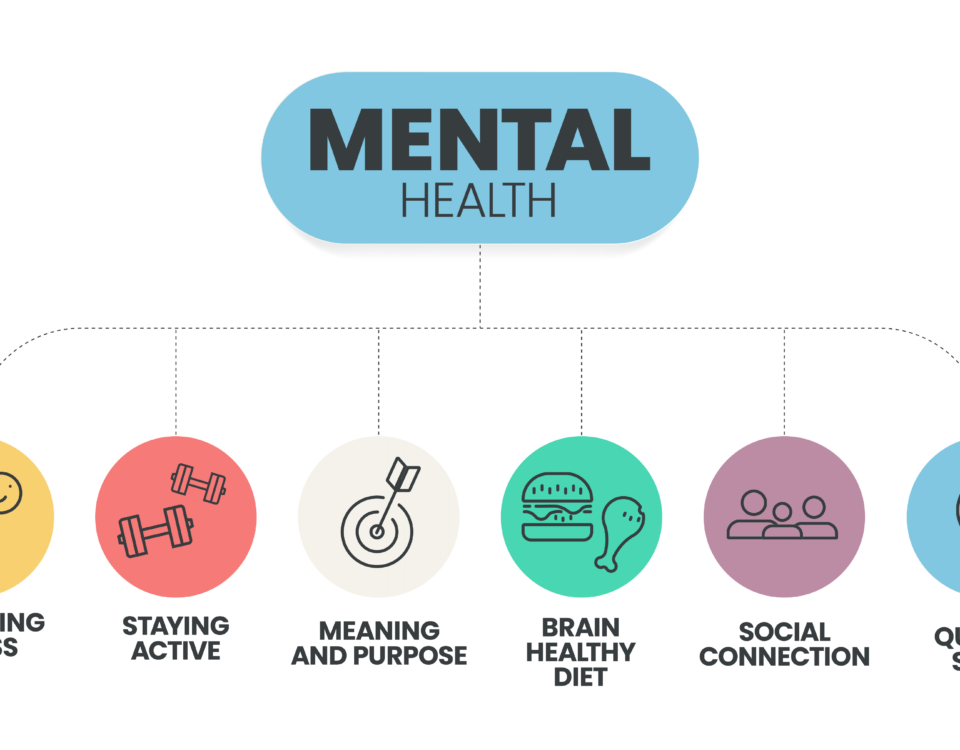Identifying signs of PTSD is a crucial step in helping patients get help for treating their challenges.
But diagnosing PTSD requires doctors, tests, and often expensive or time-consuming technologies. This is starting to change as new technologies are aiming to pick up on more subtle cues of the disorder, such as voice changes that may occur in PTSD patients.
Foreign accent syndrome, a condition in which individuals who have experienced trauma begin speaking with foreign accents rather than their normal dialect, is one component of voice changes some people may experience with PTSD. [1] But the biggest voice analysis of PTSD identifies signs that include other psychogenic voice disorders such as slower speech or a flatter tone. [2] With AI technologies, researches are helping to identify speech pattern changes in men and women to better diagnose PTSD.
PTSD Voice Changes
While a PTSD brain scan can reveal changes in regions of the brain caused by trauma, such as with Ariana Grande's PTSD, there are other outward changes that may be quicker and more affordable to identify. Researchers identified several voice changes that can come with PTSD:
- Slower Speech
- More Pauses When Speaking
- Monotone Speech
- A Metallic Tone
- Lack of Pitch or Volume Fluctuation when Speaking
These speech changes are generally the same between men and women. New voice recognition technology may better identify signs of PTSD in men and women by recognizing the subtle speech changes that can occur as a result of trauma. These speech changes are likely due to the numbing effect of PTSD, but these psychogenic voice disorders may also be rooted in the brain changes of PTSD. With AI technology searching for these voice changes, a PTSD diagnosis may be faster than before, allowing patients to get into treatment sooner.
Getting into treatment is easy with our free insurance verification
"*" indicates required fields
Treating PTSD in Men and Women
New technologies are helping to speed up the process of diagnosing PTSD so patients can get help more quickly. Without treatment, many people turn to drugs or alcohol to numb their pain, creating the need for mental health care alongside treatment for alcoholism.
Many first responders experience PTSD, requiring support from a first responders treatment program to treat their condition. Our team at Banyan Treatment Centers offers mental health and substance abuse treatment at our nationwide addiction treatment centers.
Call 888-280-4763 to learn how we can help treat PTSD, addiction, alcoholism, and other challenges.
Sources:








